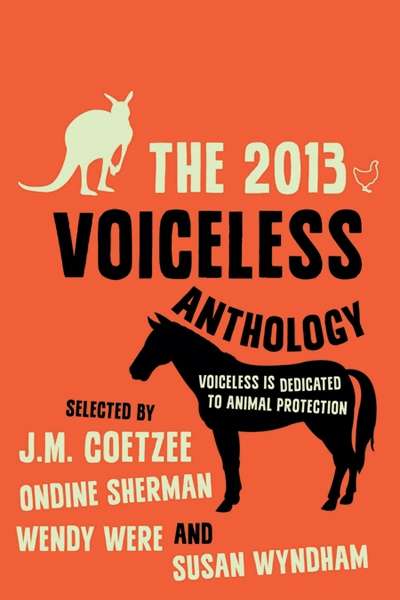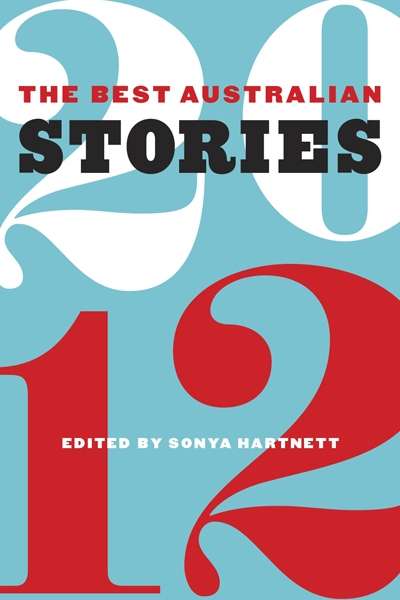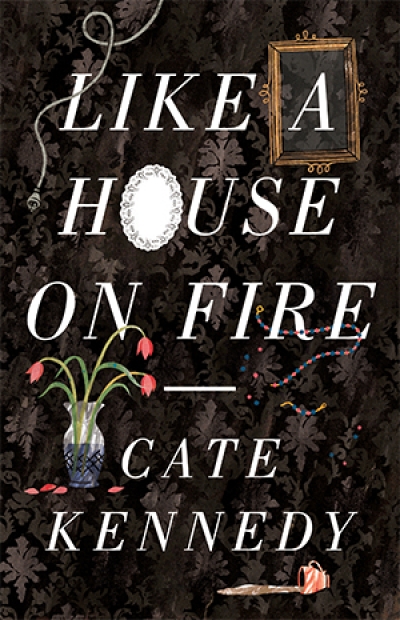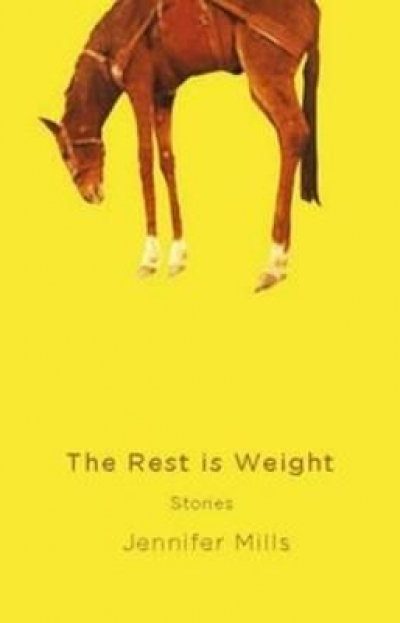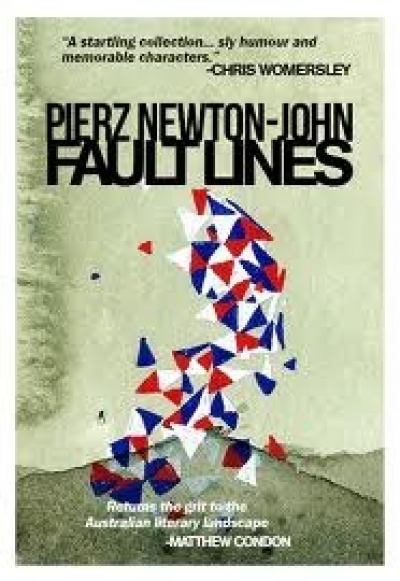Short Stories
The Best Australian Stories 2012 edited by Sonya Hartnett
by Cassandra Atherton •
An Unknown Sky and Other Stories by Susan Midalia
by Robert Horne •
The Rest is Weight by Jennifer Mills & Tarcutta Wake by Josephine Rowe
by William Heyward •
Hide Your Fires: 2012 UTS Writers’ Anthology edited by Lauren Anderson et al.
by Francesca Sasnaitis •
Foreigners: A new collection of short stories by David Martin
by Clement Semmler •

